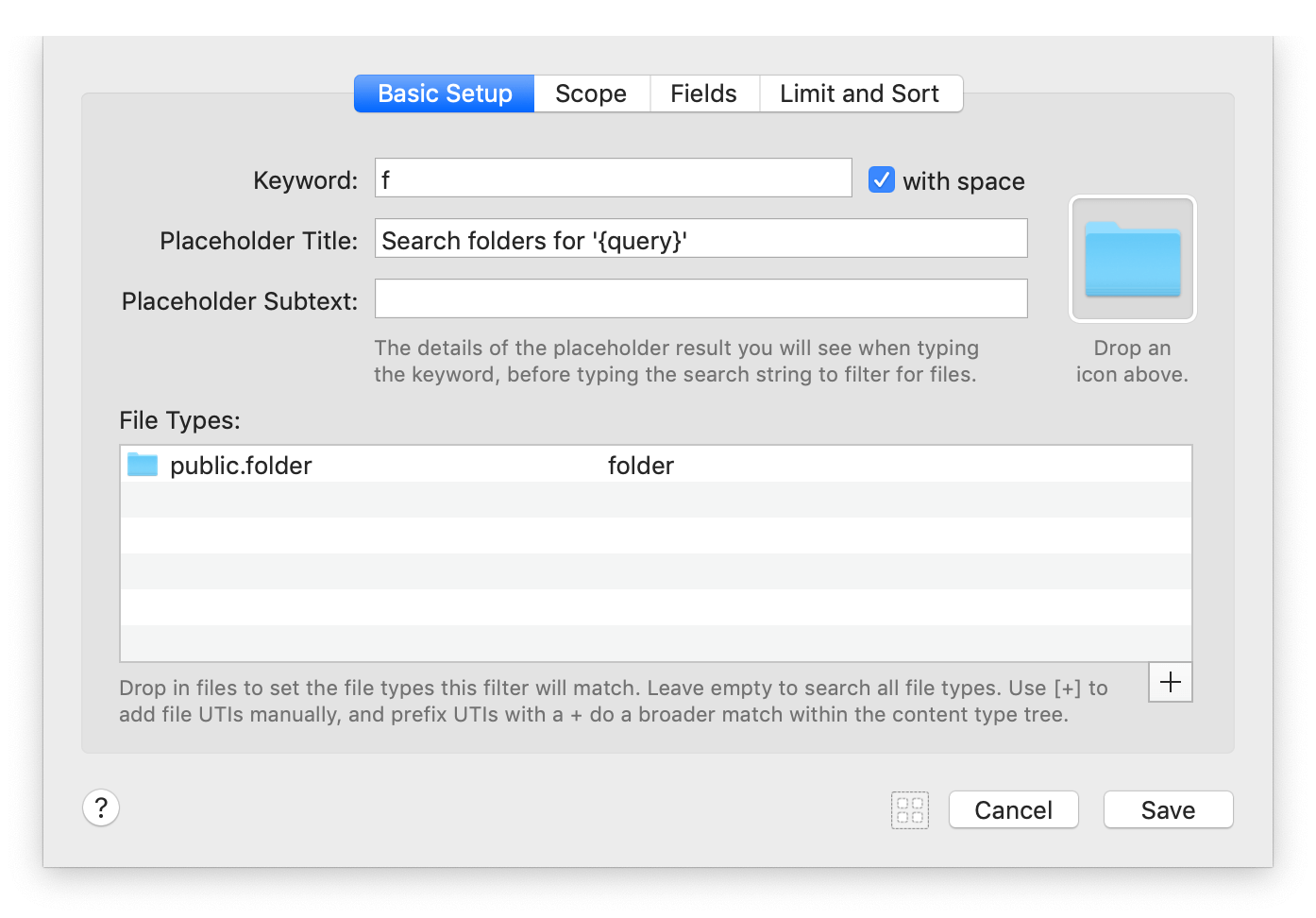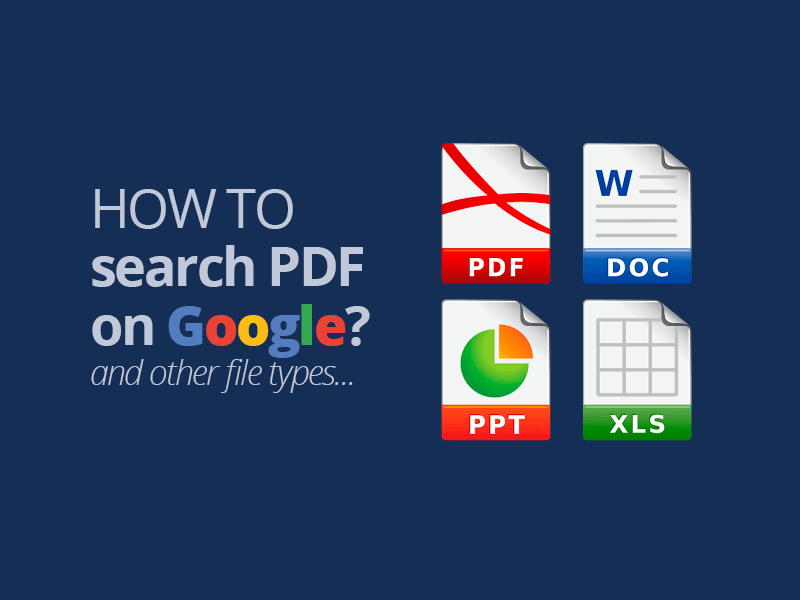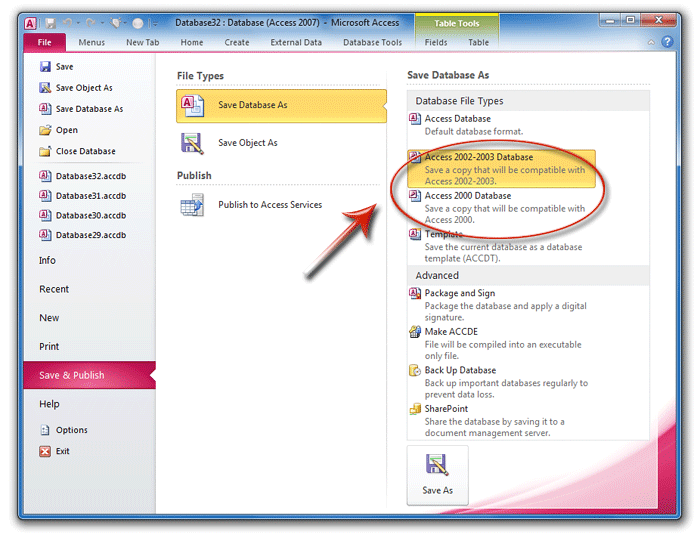
The program will give you a percentage of likely file types it could be. If none of your file names have extensions, file extensions are hidden. Launch TrIDNet and drop a file onto the window or browse for one.

WordPerfect (the numbers following represent the version #) Lotus 1-2-3 (the numbers following represent the version #) PageMaker (the numbers following represent the version #) P=publication, T=templateĪSCII text (Mac text does not contain line feeds-use DOS Washer Utility to fix) kmz) GPS eXchange Format (.gpx) Hancom Hanword (.hwp) HTML (.htm.
FIND FILE TYPES PORTABLE
See Showing File Extensions File ExtensionĬomma separated, variable length file (Open in Excel)įilemaker Pro databases (the numbers following represent the version #) The most common file types we index include: Adobe Portable Document Format (.pdf) Adobe PostScript (.ps) Google Earth (.kml. Below is a list of the most common audio file extensions.aif - AIF audio file. Note: If none of your file names have extensions, file extensions are hidden. There are several audio file formats, standards, and file extensions used today. If it didn’t find a match by using tips from the magic dataset, it will assume it is a normal file with text in it. Thanks for your feedback When clear the File Types option, new find in files can search these files with blank extension. To search file contents, you have to index desired folders (at Universal Search > Preferences > File Indexing > Indexed Folder List). Stage 3: Text files The last stage is determining if the file is a text file. You may use this file type to record and share your readings or audio comments.
FIND FILE TYPES SOFTWARE
It also keeps a high level of sound quality and works with a variety of software platforms. Along with the type, the results display the file name, the file extension, mime type and advanced information that includes the possible extensions and file signature if any. MPEG layer audio 3 (MP3) This file format compresses audio files into smaller sizes, making them easier to share with others.
FIND FILE TYPES MANUAL
If the file extension you are using is not listed below, you may find the information by looking in the software manual or software application's Web site. Output of file -l displaying magic strings With this predefined list of strings and regular expressions, most file types can be discovered. Once you select your file, Filetypechecker will process the file and tell you the file type.

Note: This list is by no means a complete and exhaustive list of file extensions. xdev -type f -size +100M -print xargs ls -lh sort -k5,5 -h -r.

FIND FILE TYPES MAC OS X
For example, if you have a Word 6 MAC OS X document named letter that you want to open in Windows, you need to rename the file letter.docx so that Word in Windows will recognize and open the file. In the example below, we are passing the output of the find command to ls which will print the size of each found file and then pipe that output to the sort command to sort it based on the 5th column which is the file size.

If you want to open a MAC OS X file in Windows, you may need to add the extension to a MAC OS X file name so Windows can recognize it. For example, the doc extension tells your computer that the file is a Microsoft Word file. For example, in letter.docx the filename is letter and the extension is docx. Extensions are important because they tell your computer what icon to use for the file, and what application can open the file. Each unique file type specifier may take one of the following forms: A valid case-insensitive filename extension, starting with a period ('.') character.
The extension is a three- or four-letter abbreviation that signifies the file type. To perform a search, go to the path where you want the search to start and then press hot key for starting search or or select File Search in the Extensions. A unique file type specifier is a string that describes a type of file that may be selected by the user in an element of type file.A file object contains information about a file shared with a workspace.Windows file names have two parts the file's name, then a period followed by the extension (suffix).


 0 kommentar(er)
0 kommentar(er)
